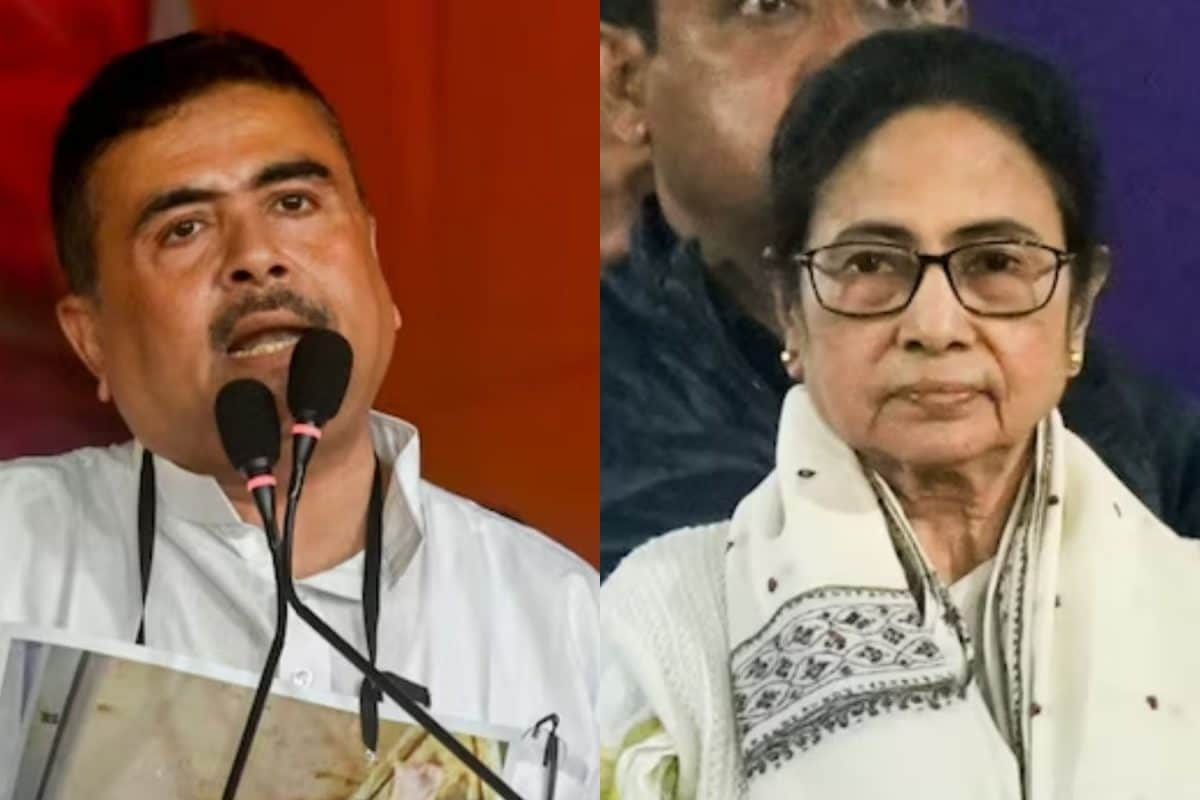

The political landscape of West Bengal is witnessing a fresh round of accusations and rebuttals between the ruling Trinamool Congress (TMC) and the Bharatiya Janata Party (BJP) over the state's Other Backward Classes (OBC) list. The core of the dispute revolves around allegations of religious bias in the determination and inclusion of communities in the OBC list, particularly concerning Muslim communities.
Recently, the West Bengal Cabinet approved the inclusion of 76 new castes in the OBC list, adding to the existing 64. This decision followed a fresh survey conducted by the West Bengal Commission for Backward Classes (WBCBC), initiated after the Calcutta High Court struck down OBC certificates issued since 2010. The High Court's decision was rooted in concerns about procedural flaws and inconsistencies in the classification process, particularly the inclusion of 77 groups, a majority of whom were Muslim. The court deemed the classification process illegal. The state government then appealed to the Supreme Court, which permitted a fresh survey.
Chief Minister Mamata Banerjee has staunchly defended the survey process, asserting that backwardness is the sole criterion for determining OBC status, dismissing any claims of religious bias. She stated in the Assembly that the new OBC list was updated based on economic data, not religious identity. She detailed the categorization, stating that there are 49 castes in the OBC-A category and 91 in OBC-B, with plans to include 50 more castes soon and that the OBC-A category comprises more disadvantaged communities, while relatively better-off groups fall under OBC-B. Banerjee has accused the BJP of politicizing the issue for electoral gains.
However, the BJP has vehemently contested these claims, alleging that the survey methodology lacks transparency and is a repetition of the flawed approach previously dismissed by the Calcutta High Court. BJP legislators staged a walkout from the Assembly in protest, demanding that the Leader of the Opposition, Suvendu Adhikari, be allowed to counter Banerjee's statements. Adhikari stated that the BJP would present its legal arguments in the Supreme Court during the upcoming hearing on the matter, and that the "same flawed process that failed in the Calcutta High Court is being repeated."
Adding fuel to the fire, BJP leaders have pointed to data indicating a disproportionately high number of Muslim communities among the newly added OBC classes. Amit Malviya, BJP's IT Cell Chief and central observer for West Bengal, claimed that over 86% of the new additions are Muslim, directly contradicting Banerjee's claims of a secular approach. He further alleged that the OBC list includes a provision that those who convert to Christianity will automatically be considered OBC, with their children also enjoying the same benefit and that conversion from Hinduism is being rewarded with OBC status and lifelong reservation benefits.
The controversy has ignited a debate about the use of caste-based reservations as a tool for political appeasement. Critics argue that the state government is jeopardizing genuine social justice by prioritizing religious considerations over socio-economic backwardness. The BJP has accused the TMC government of conducting a caste-based survey to benefit Muslim OBCs at the expense of Hindu OBCs, alleging that the government is seeking detailed financial data of Muslim communities to redistribute benefits in their favor while sidelining Hindu OBCs and that the survey questions are designed to foster division between communities.
The legal backdrop to this political battle is significant. The 2024 Calcutta High Court ruling that struck down OBC status for several castes granted since 2010 deemed the reservations for public sector jobs and state-run educational institutions as illegal. The Supreme Court's decision to allow a fresh survey came with the condition that the state specify the social and educational backwardness of the sub-groups.
As the controversy continues to unfold, the final verdict from the Supreme Court will be pivotal. It will not only determine the legality of the state's survey but also shape the political narrative in West Bengal, especially with the 2026 assembly elections approaching. The issue is likely to remain a contentious point between the TMC and BJP, with each party vying to shape public opinion and consolidate their respective vote banks.